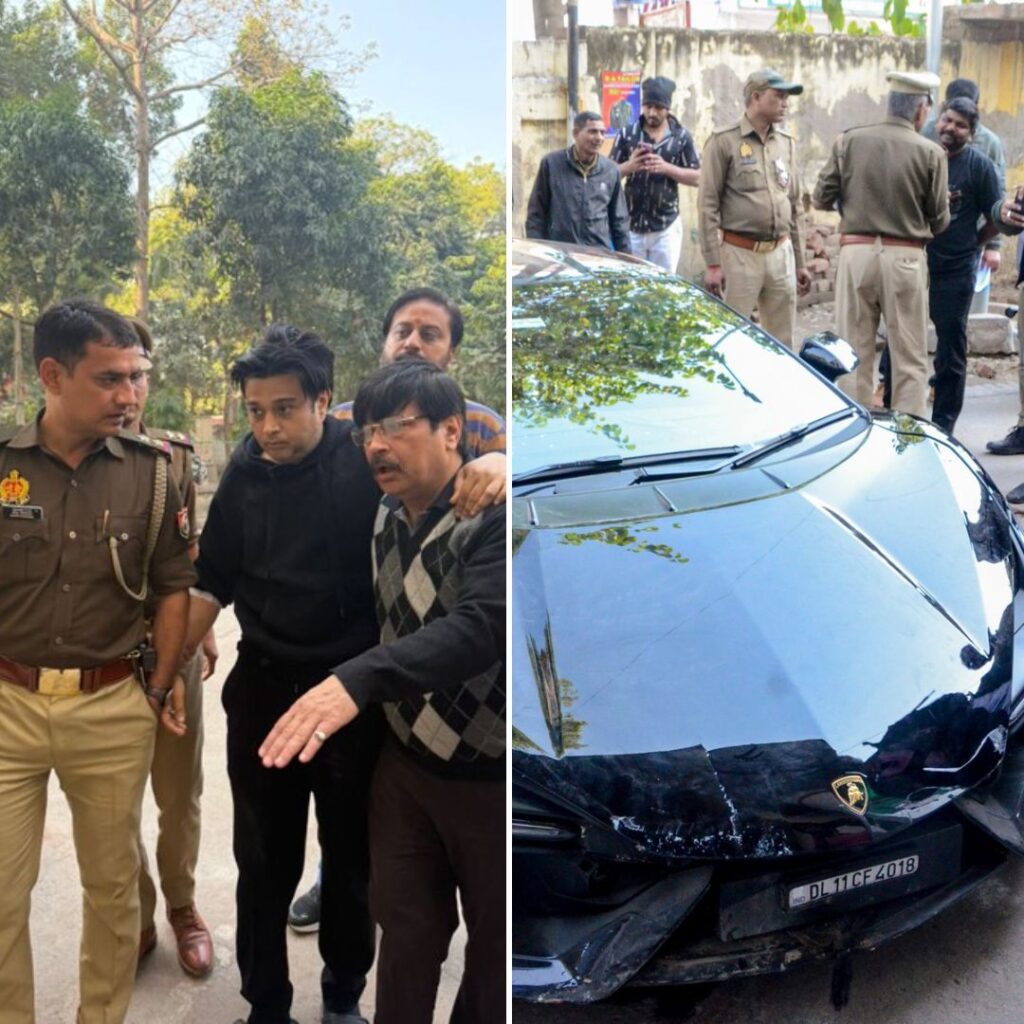On September 5, 2025, a 76-year-old retired government lady doctor in Hyderabad became ensnared in a relentless “digital arrest” scam that lasted nearly 70 hours. Fraudsters posing as Bengaluru Police officials accused her falsely of crimes like human trafficking and Aadhaar misuse.
Under extreme duress, she was confined to continuous video surveillance and coerced into transferring Rs 6.6 lakh from her pension account. The intense psychological pressure culminated in her suffering a fatal heart attack on September 8, despite medical efforts to save her. Police investigations continue to trace the cyber extortionists and their networks.
How Digital Arrest Scams Work
Unlike simple thefts, digital arrest scams use sophisticated psychological tactics. Fraudsters impersonate police or government officials using forged official documents, including fake seals from entities like the Supreme Court and Enforcement Directorate, to create fear and confusion.
Victims are forced to stay on video calls for days, isolated from family, and threatened with fabricated arrests unless they transfer money repeatedly to accounts linked to shell companies. This prolonged coercion victimises the elderly disproportionately because of their respect for authority and lack of digital awareness.
According to NDTV, the victim received a WhatsApp call displaying the Bengaluru Police logo. According to police officials investigating, based on a complaint from the victim’s family, the caller falsely implicated her in a fabricated case named the “Sadat Khan Human Trafficking Case,” presenting forged documents that included her Aadhaar details.
Rising Numbers and Government Response
Digital arrest scams have surged alarmingly, with over 92,000 cases reported in 2024 alone nationwide, causing losses exceeding Rs 2,140 crore. Seniors face not only financial damage but severe emotional trauma.
The government has launched multiple initiatives: the Indian Cyber Crime Coordination Centre (I4C) coordinates national anti-cybercrime efforts; the National Cyber Crime Reporting Portal provides a streamlined reporting mechanism; and public awareness campaigns have been implemented through SMS, social media, and public spaces like metros and airports.
Additionally, NGOs such as HelpAge India and Nightingales Medical Trust conduct digital literacy programmes to empower the elderly.
Consumer Safety: How to Protect Yourself and Loved Ones
Experts advise vigilance and education as the best defences against digital arrest scams. Key precautionary measures include:
- Never trust unsolicited calls or video calls from police or government officials demanding money or personal data.
- Real investigations are never initiated over phone or video calls. Always verify by contacting official numbers independently.
- Refuse demands to stay on video continuously or to share bank or Aadhaar details.
- Avoid transferring money to unknown accounts under pressure.
- Be wary of threats of arrest or immediate legal action without due process.
Expert Advice and Technological Measures
Cybersecurity specialists highlight that traditional safeguards are insufficient as fraudsters manipulate victims emotionally rather than hacking accounts. Advanced behavioural analytics detecting anomalous transaction patterns can alert financial institutions to duress-related fraud. AI-driven systems and federated learning among banks improve collective defence, enabling swift detection and prevention of scams.
Experts encourage families to foster open communication with seniors about such scams to reduce stigma and encourage reporting. Above all, public discourse must shift from blaming victims to supporting them in recovery and protection.
The Logical Indian’s Perspective
This horrific case reveals the severe emotional and financial toll digital arrest scams impose, particularly on the elderly. Beyond stricter law enforcement, educating and empowering vulnerable groups with knowledge and emotional support is imperative.
Society must foster understanding, breaking the silence that allows cybercriminals to manipulate fear and authority bias. The Logical Indian calls for collaborative efforts from government, communities, and individuals to build safer digital environments.












